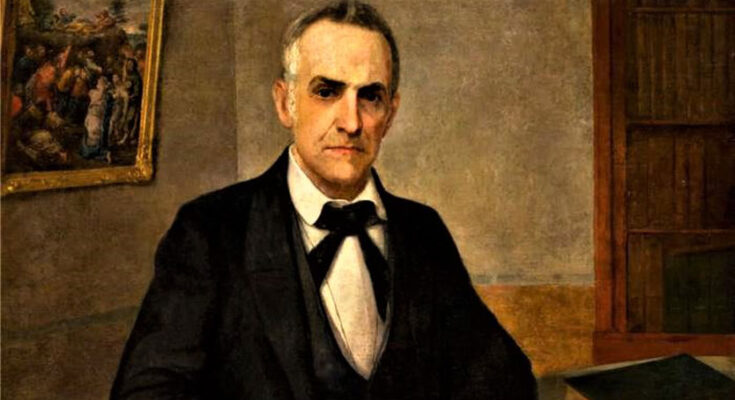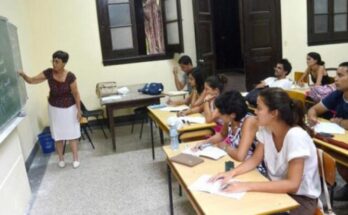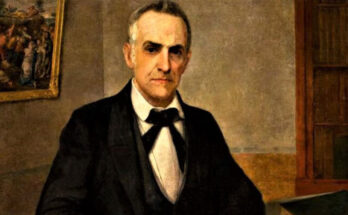Florida, April 6 – José Agustín Caballero Rodríguez de la Barrera, promoter of cultural changes who oriented his efforts towards the criticism of scholasticism, was the initiator of Pedagogy and philosophical reform in Cuba.
Outstanding from a young age, he won the chair of Philosophy at the Seminary of San Carlos, where he had graduated with prizes in all subjects, and achieved the degrees of Licentiate and Doctor in Sacred Theology at the Royal and Pontifical University of Havana.
An outstanding advisor to the government of Don Luis de Las Casas, he was a member of the Patriotic Society, of the House of Students, of the Class of Sciences and Arts, and of the Editorial Board of the Havana Newspaper, and as an educator he was one of the most representative figures of the Enlightenment in Cuba.
Caballero Rodriguez was one of the founders of the Economic Society of Friends of the Country, institution, vanguard in the defense of the interests of the nascent nationality, where he worked to make popular and scientific education.
As a journalist, he wrote and published in the Papel Periódico de la Habana, a press organ that emerged within the reforms of the Enlightened Despotism, valuable articles that disseminated scientific and educational advances of the time in the midst of his fight against philosophy and scholastic teaching.
José Agustín Caballero had among his students Félix Varela, José Antonio Saco and José de la Luz y Caballero, his nephew, all considered founding fathers of the Cuban nation.
When assuming the historical and cultural heritage bequeathed to him by his predecessors, José Martí expressed: «sublime Caballero, father of the poor and of our philosophy, had declared, more by the advice of his mind than by the example of the encyclopedists, the study of natural sciences as the proper field and foundation of the science of the world».
José Agustín Caballero Rodríguez died in the same city where he was born, Havana, on April 6, 1835.





